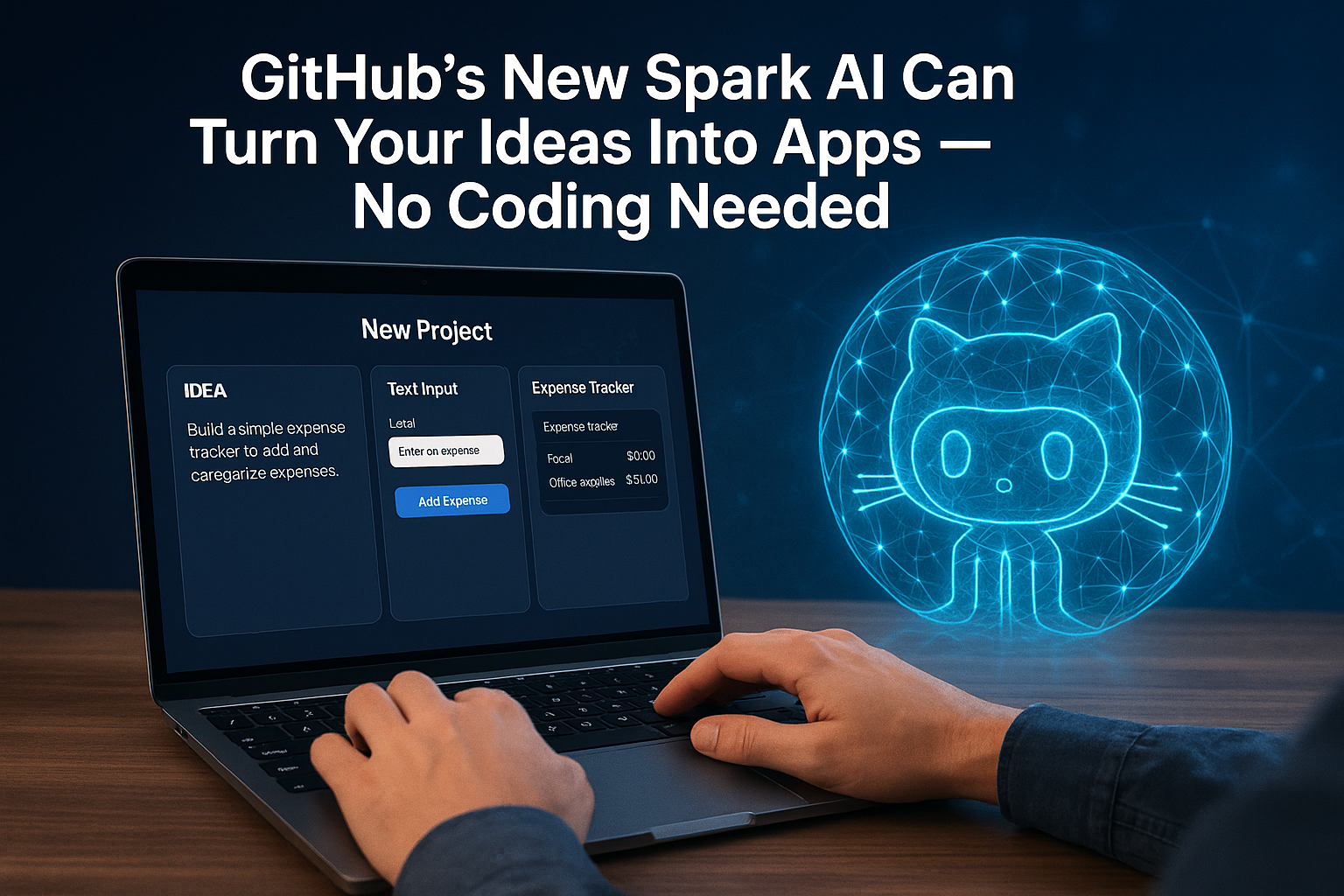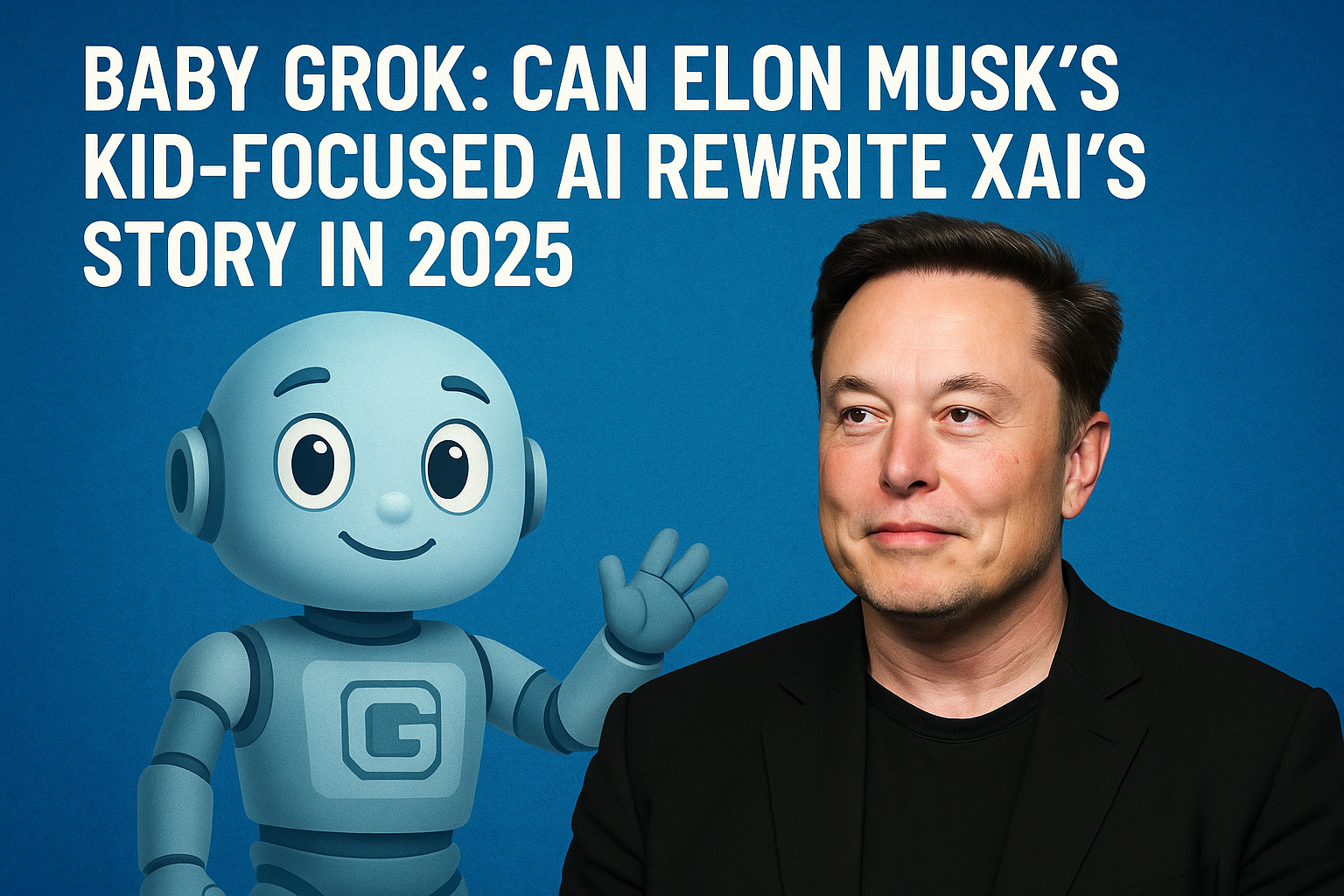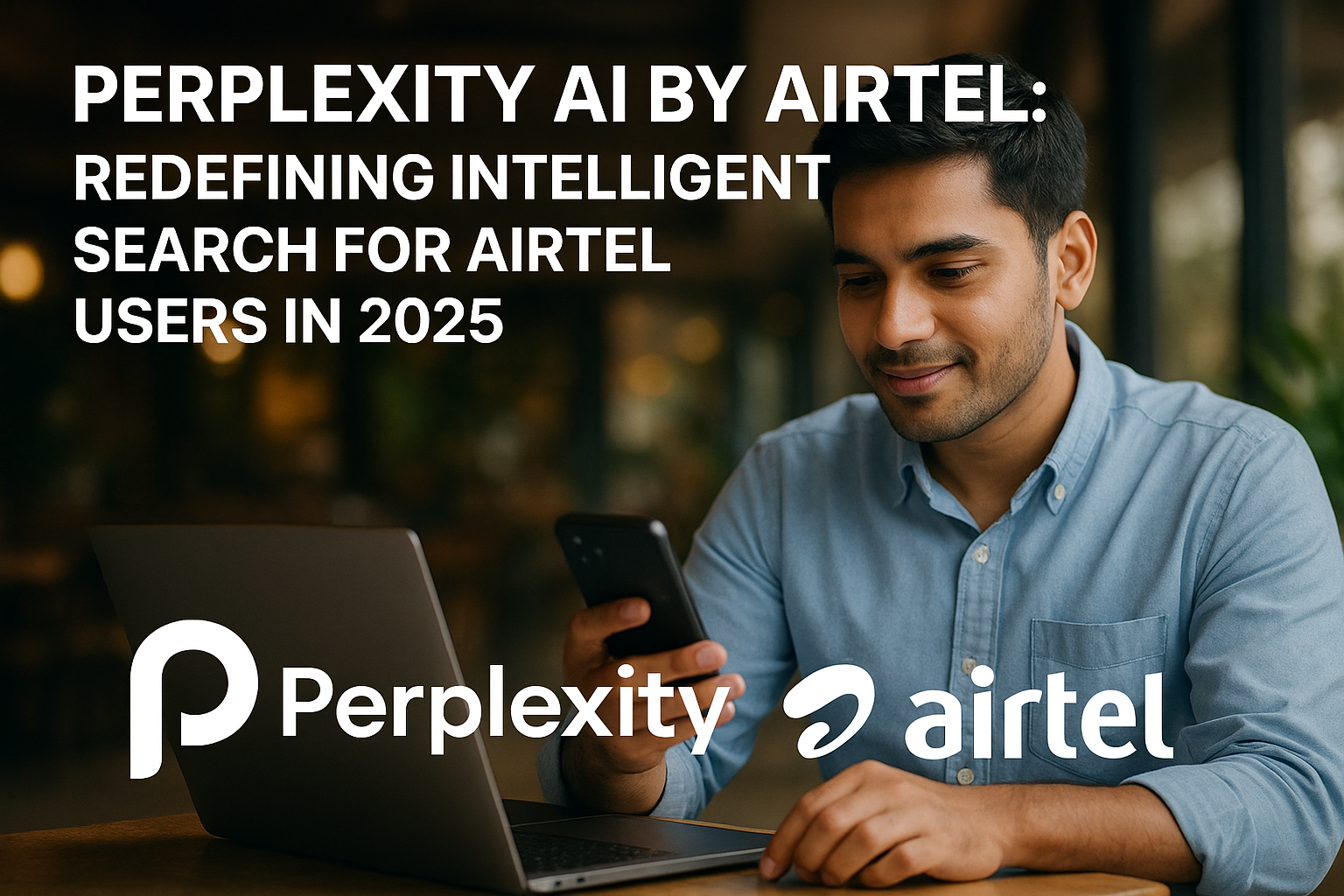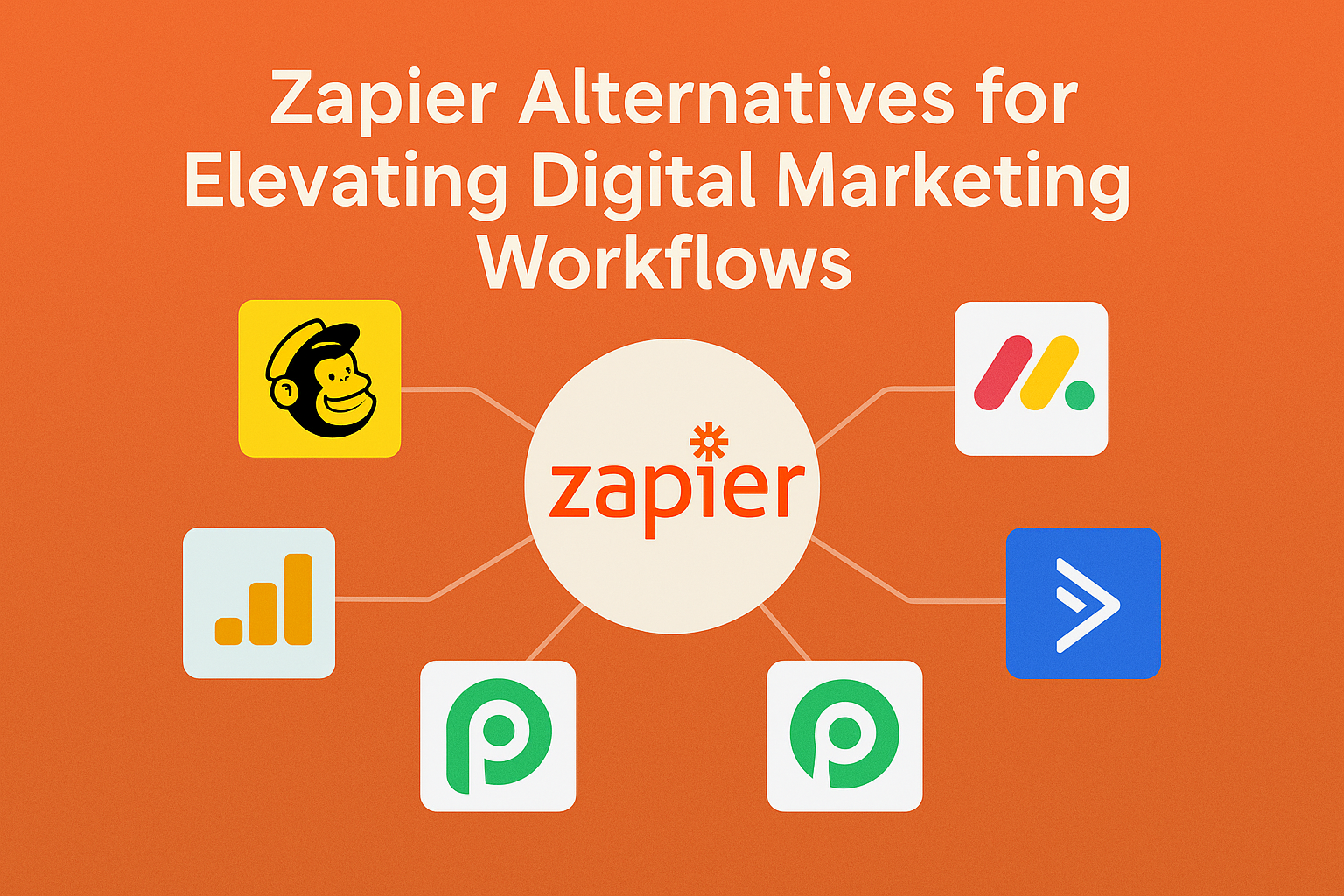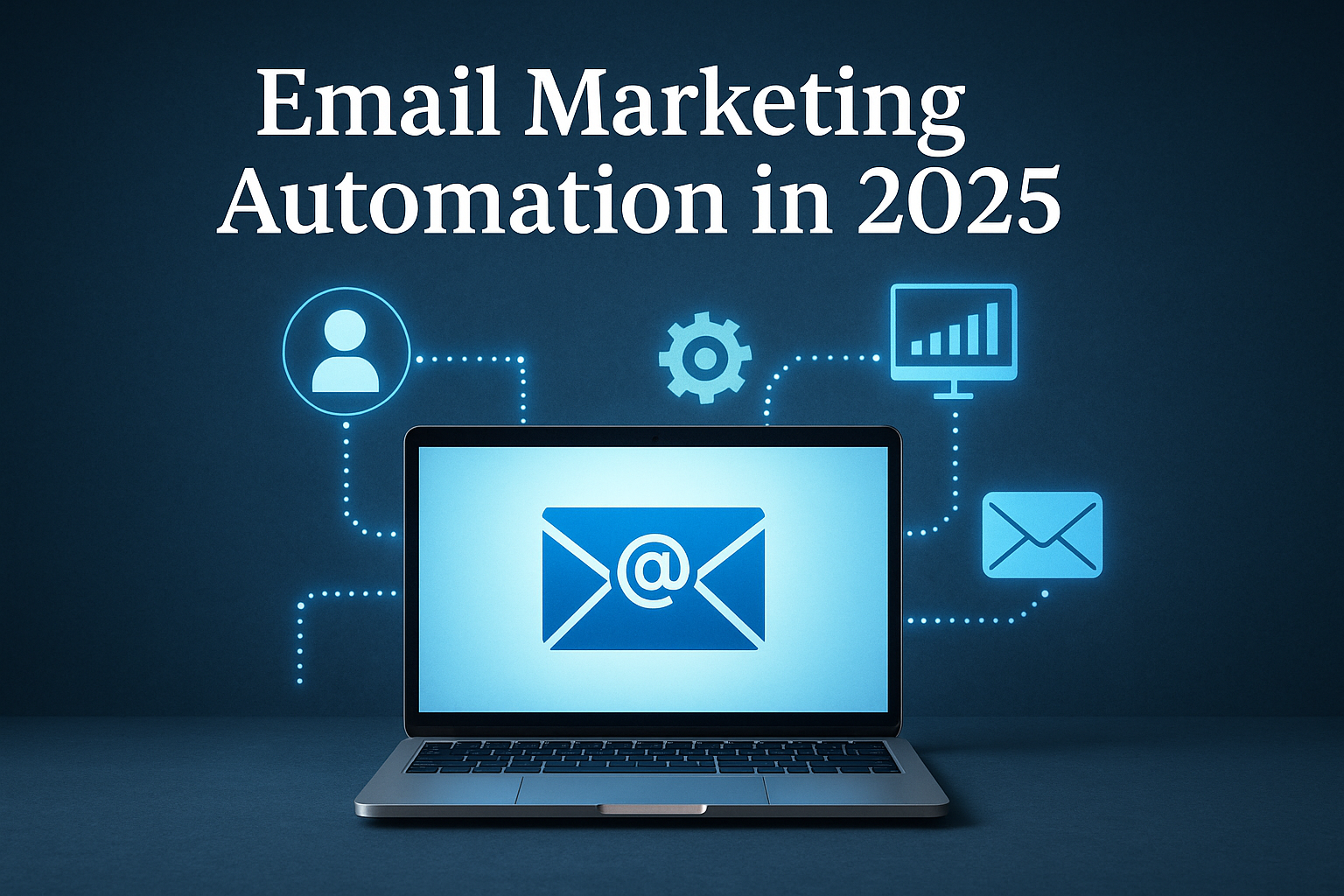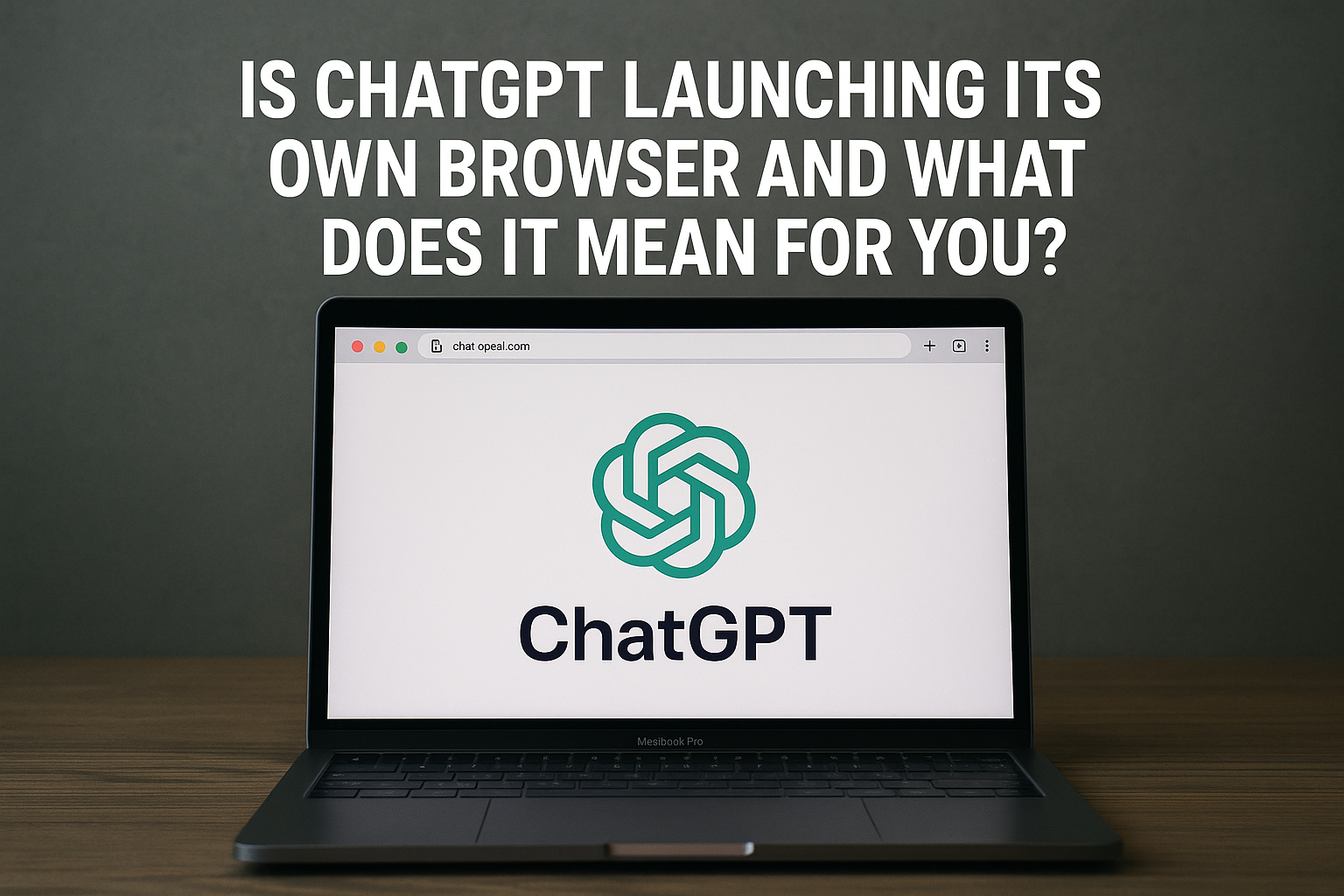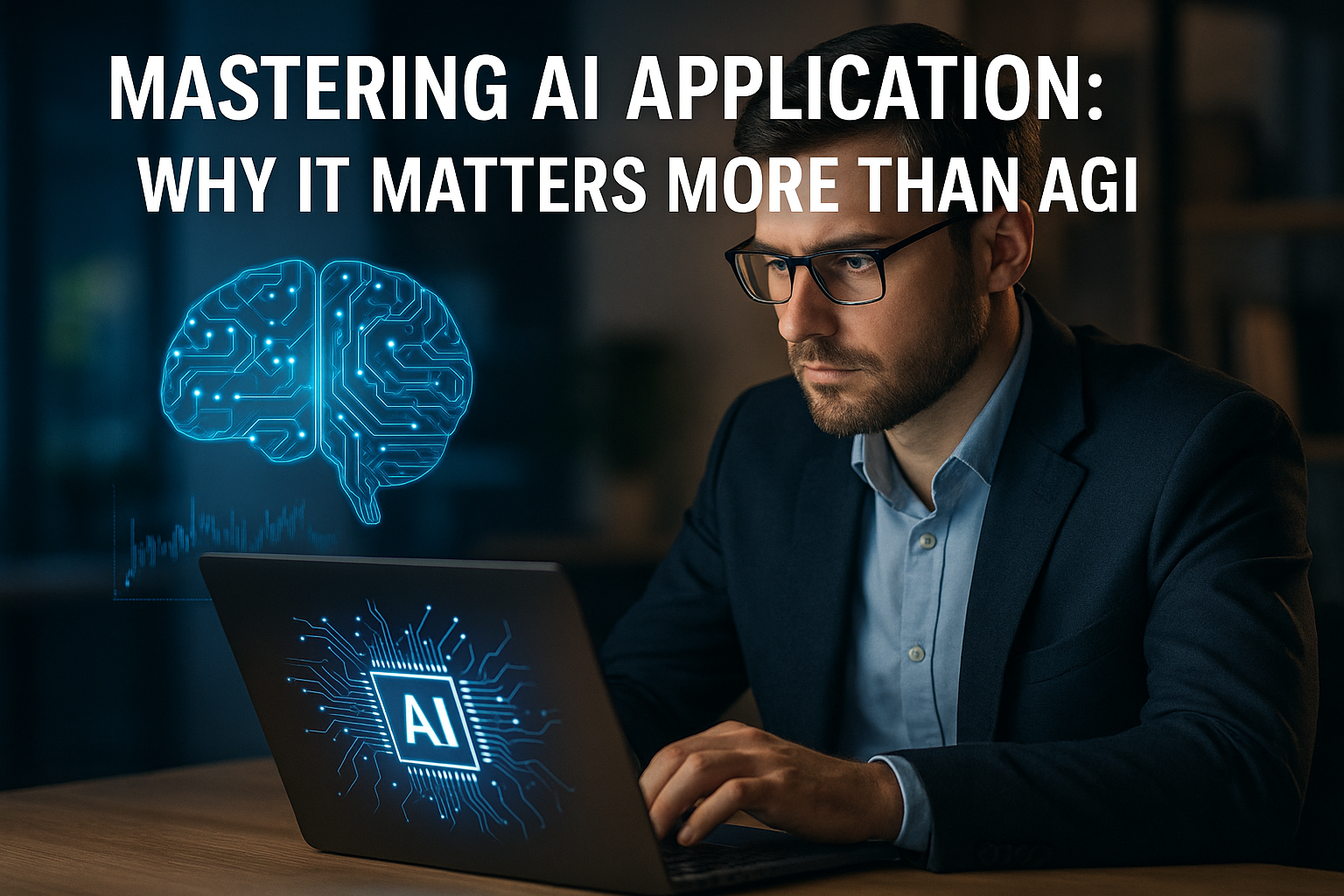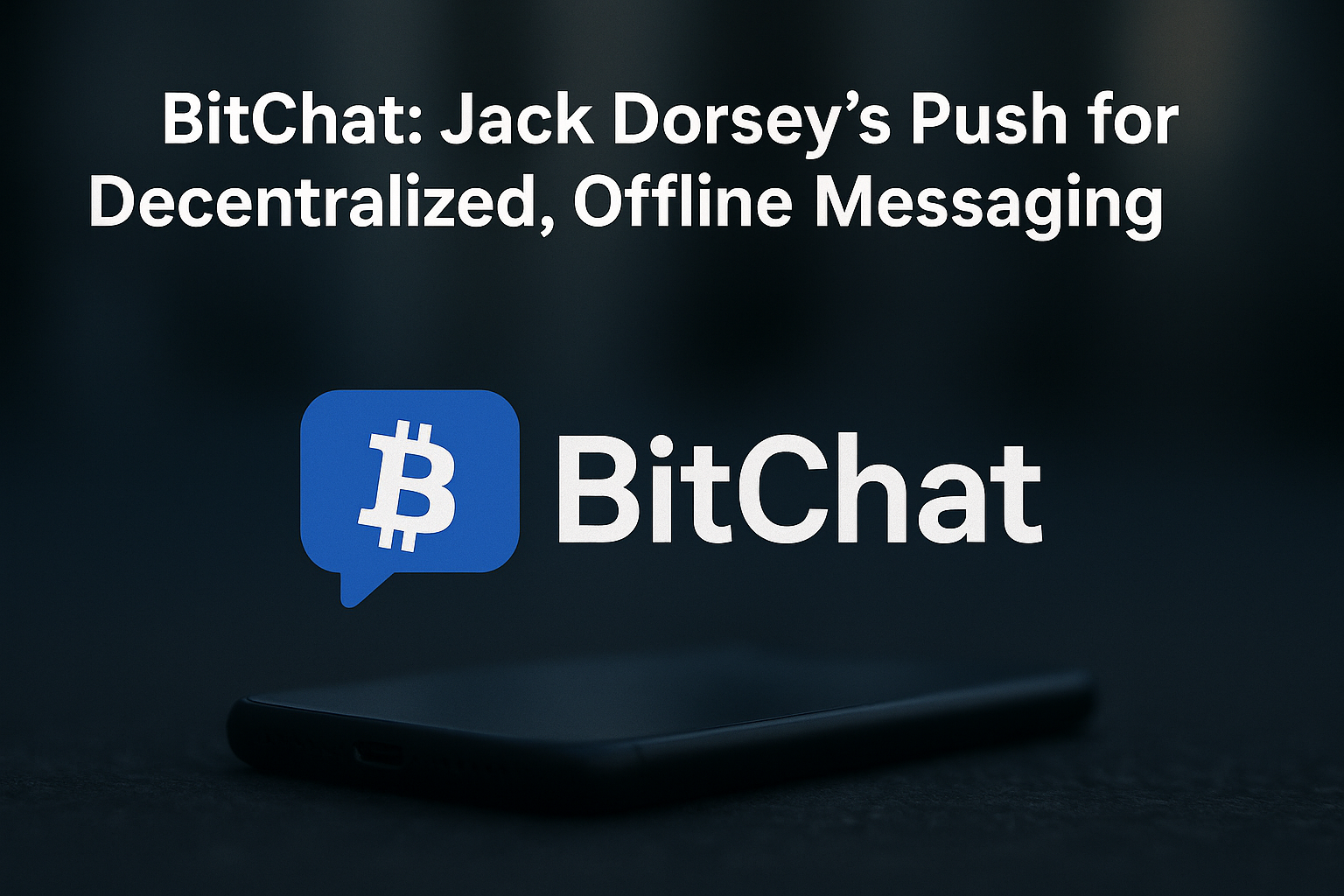In a groundbreaking move set to redefine software development, GitHub has unveiled Spark AI, an innovative platform that empowers anyone with an idea to build functional applications, entirely bypassing the complexities of traditional coding. This revolutionary tool is poised to democratize app creation, transforming digital aspirations into tangible realities for a vastly expanded audience.
What is This “Spark” Everyone’s Talking About?
At its core, GitHub Spark AI is an intelligent, AI-driven environment designed for crafting and deploying what GitHub terms “micro apps” or “sparks.” It provides a comprehensive, end-to-end solution for the entire application development lifecycle. From the initial conceptualization to final deployment, Spark AI streamlines the process, replacing intricate programming languages and elaborate frameworks with the simplicity of natural language. Users articulate their app vision in plain English, and Spark AI, powered by advanced artificial intelligence, translates that vision into a fully functional, deployable application.
More than merely a code generator, Spark AI functions as a robust managed runtime environment. This means it not only produces the application but also hosts it, offers essential features like persistent data storage and customizable themes, and integrates seamlessly with cutting-edge large language models (LLMs). Consequently, creators can dedicate their energy to the core functionality and user experience of their application, while Spark AI meticulously handles the underlying technical infrastructure.
The Alchemical Process: From Idea to Interactive App
The true marvel of GitHub Spark AI lies in its extraordinary capacity to convert natural language descriptions into complete, operational full-stack applications. Imagine desiring a simple event registration application with features such as attendee sign-up and email confirmations. With Spark AI, you can simply type a concise prompt like: “Build an event registration app that allows users to sign up and sends them an email confirmation after registration.” In mere moments, Spark AI gets to work, generating the necessary frontend user interface, backend logic, database schema, and even the cloud-based infrastructure required for deployment.
This seemingly effortless transformation is orchestrated by a sophisticated interplay of technologies, including the robust capabilities of GitHub Copilot, the extensive services of Microsoft Azure, and powerful large language models such as OpenAI’s GPT-4 and Anthropic’s Claude Sonnet 4. These formidable AI models enable Spark AI to comprehend intricate requests, generate clean, structured code (potentially utilizing frameworks like React or Vue for the front end, and Node.js, Python/Django, or Go for the server), and establish connections to popular databases like PostgreSQL or MongoDB. Crucially, the system provides real-time interactive previews, allowing users to visually track their app’s development and implement immediate adjustments.
Empowering Features for the Modern Creator
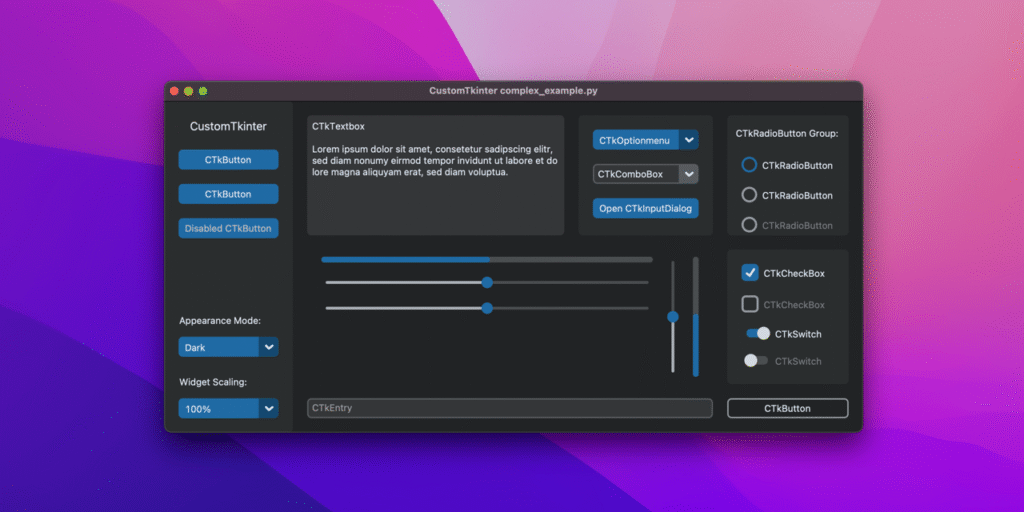
GitHub Spark AI boasts an array of meticulously designed features aimed at simplifying and accelerating the app development journey for individuals across all technical proficiencies:
- Intuitive Natural Language Interface: This conversational editor is the primary gateway for users. By simply describing an app idea, the intelligent AI agent takes over, constructing a working application. This approach dramatically reduces the entry barrier for those without traditional coding skills.
- Comprehensive Managed Runtime: Spark AI provides a full-fledged managed runtime that expertly handles hosting, deployment, and infrastructure needs. Key components include:
- Effortless Hosting: Updates are instantly deployed as you refine your application, making it immediately accessible and runnable across desktops, tablets, and mobile devices as Progressive Web Apps (PWAs).
- Adaptive Design System: To ensure professional and visually appealing applications, Spark AI incorporates a library of pre-built UI components and a flexible design system. Users can effortlessly customize elements like accent colors, border styles, spacing, and switch between light and dark themes without writing any code.
- Built-in Data Persistence: Most interactive applications require data storage. Spark AI includes a managed key-value store, automatically handling data persistence. A visual data editor further allows users to inspect and modify their application’s stored information directly.
- Seamless AI Model Integration: This feature facilitates the effortless embedding of AI-driven capabilities directly into applications without the burden of managing complex API keys. Spark AI integrates with leading LLMs, allowing for functionalities like text summarization, content generation, or intelligent recommendations to be added with a simple prompt.
- Dynamic History and Iteration Management: Every version of your “spark” is automatically recorded, enabling users to revert to previous states with a single click. This fosters fearless experimentation and iterative development, ensuring no progress is ever truly lost. Refinements can be made through additional natural language prompts, visual controls, or by delving into the underlying generated code with Copilot’s assistance.
- One-Click Publishing: When your application is ready for the world, a single click initiates the publication process. Spark AI automates the entire build and deployment pipeline, providing secure hosting, integrated GitHub user authentication, and the necessary infrastructure to handle live users, all without requiring manual configuration. Your app gets a live URL (e.g.,
yourapp.github.app). - Real-time Visual Feedback and Code Control: Users receive instant visual feedback through a live preview that updates as changes are made. For those with programming expertise, Spark AI offers the flexibility to modify the generated code directly within its editor or export it to GitHub Codespaces/VS Code for advanced manipulation, providing ultimate control and customization.
- Diverse Design Alternatives: To assist with aesthetic choices, Spark AI can generate multiple design “variants” (typically 3-6 distinct visual interpretations) for a given feature or entire app, offering nuanced stylistic options for users to select from.
- Deep GitHub Ecosystem Integration: Spark AI is profoundly embedded within GitHub’s trusted ecosystem, facilitating collaborative workflows through synced GitHub Codespaces with Copilot for advanced coding, and the ability to create dedicated GitHub repositories for team projects, ensuring version control and leveraging tools like GitHub Actions and Dependabot.
Who Stands to Benefit from GitHub Spark AI?

GitHub Spark AI is intentionally designed to cater to a broad spectrum of users, fundamentally broadening the accessibility of application development:
- Non-Technical Visionaries: Entrepreneurs, educators, artists, and small business owners with groundbreaking ideas but no formal coding background can now rapidly prototype Minimum Viable Products (MVPs), create custom internal tools, or even launch consumer-facing applications by simply describing their requirements.
- Creative Individuals: Anyone with a concept, from a simple personal organizer to a sophisticated AI-powered chatbot, can now translate that concept into a working application, allowing creativity to flourish unhindered by technical barriers.
- Experienced Developers: Even seasoned software engineers will find immense value in Spark AI. It serves as an incredibly efficient rapid prototyping tool, saving significant time on repetitive boilerplate code, infrastructure setup, and initial scaffolding. This allows them to allocate their expertise to more complex, bespoke functionalities, or to use the generated code as a robust starting point.
- Students and Aspiring Coders: Spark AI provides an accessible and engaging entry point into software development, enabling learners to experiment and build tangible applications without grappling with the often-steep initial learning curve of programming languages.
The Transformative Impact on Software Creation
The introduction of GitHub Spark AI marks a pivotal moment in the ongoing evolution of software development. By seamlessly merging the acts of ideation, creation, deployment, and usage into a single, intuitive process driven by natural language, it promises to accelerate innovation and problem-solving on an unprecedented scale.
The potential ramifications are expansive:
- Massive Reduction in Entry Barriers: Millions more individuals globally can now transition into software creators, irrespective of their technical background. This expansion of the creator economy is likely to lead to an explosion of novel applications and solutions addressing a wider array of societal and business needs.
- Accelerated Prototyping and Iteration: Organizations and individuals can swiftly validate ideas, gather user feedback, and rapidly iterate on applications, dramatically compressing development cycles and time-to-market. This agility is crucial in today’s fast-paced digital landscape.
- Shift Towards Problem-Centric Thinking: Users can now redirect their cognitive energy from the intricate details of coding syntax and framework nuances to the core problems they aim to solve, fostering the development of more innovative, user-centric, and impactful solutions.
- Enhanced Cross-Functional Collaboration: Through its deep integration with the GitHub platform, Spark AI facilitates seamless collaboration, even between technically skilled and non-technical team members, bridging traditional communication divides in software projects.
- Inherent Scalability and Security: Applications generated with Spark AI are designed with security best practices in mind, including automated vulnerability scanning. They are also inherently scalable, leveraging Azure’s cloud-native services to effortlessly handle increasing user loads. Furthermore, the “open” nature of Spark means the underlying code is fully accessible and stored within your GitHub repository, offering complete control, versioning, and transparency.
While currently in public preview for GitHub Copilot Pro+ subscribers at a monthly or annual fee, the anticipated broader availability of Spark AI promises to fundamentally reshape our understanding and engagement with software development. It embodies the emerging concept of “vibe coding,” where AI tools manage the technical heavy lifting, liberating human creativity and ingenuity to truly flourish.
GitHub Spark AI is far more than just a new tool; it represents a fundamental shift in how we approach software creation. By empowering a new generation of creators to build, innovate, and solve real-world problems through software—regardless of their prior coding experience, it is democratizing digital transformation. By translating mere words into robust, functional applications, GitHub is not simply simplifying app development; it is making it universally accessible, truly transforming abstract ideas into concrete realities with unprecedented speed and ease. The future of app development is already here, and it begins with your imagination.
If you found this information helpful, don’t forget to subscribe to Zealimpact.com. We’ll keep bringing you more Technology-related Blogs like this one. Your support is our strength.
If you found this information useful, don’t forget to share it with your friends and family.

